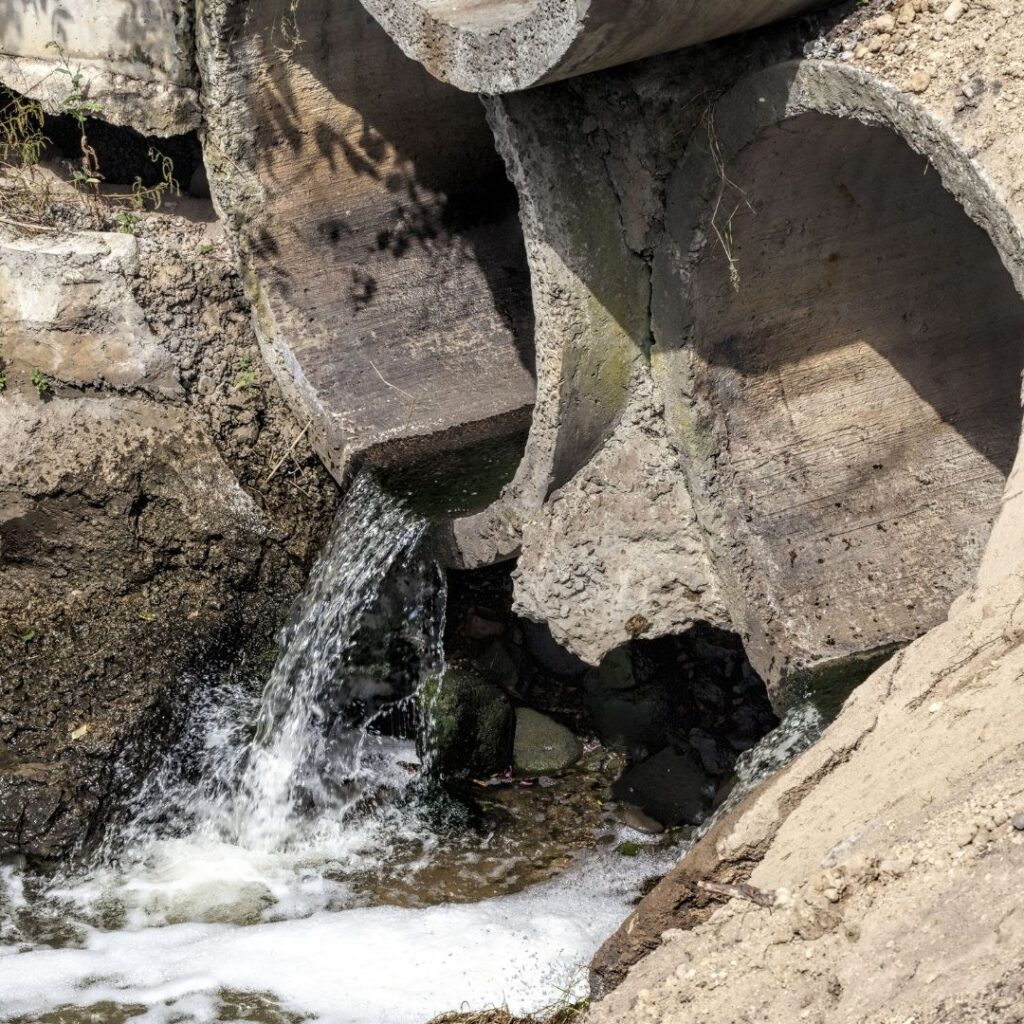Onsite Wastewater Treatment and Reuse
- Type
- Program

Overview
BAEN has three major programs focused towards OSSF education and training: classroom education, field training and demonstration, and online (website) education and information dissemination.
Contact
Anish Jantrania
Associate Professor/Extension Specialist
1844 Ave B.
Bryan, TX 77807
Center is open all the time; personal appointments available by request
About 20% of dwellings (residential and commercial) in Texas rely on On-Site Sewage Facilities (OSSF) for treatment and disposal of wastewater. The total number of OSSF's in Texas at the end of 2021 is over 2.3 million, approximately 750,000 of which are aerobic treatment and spray systems. More than half of new OSSF permits issued in Texas are for aerobic treatment unit (ATU) and spray systems, which requires routine operation, maintenance, and monitoring.
Education and training for the end-users (home and business owners) and for licensed onsite wastewater professionals (site evaluators, designers, installers, service providers, and regulators) is important to ensure water quality and public health protection from OSSF use. BAEN has three major programs focused towards OSSF education and training: (1) classroom education, (2) field training and demonstration, and (3) online (website) education and information dissemination.
More choices in Environment & Natural Resources
- Course
This course will help land owners and managers become familiar and confident to manage invasive and encroaching brush species with individual plant treatment (IPT) herbicide applications.
- Course
Do you want to continue your professional career in wastewater management? This online series was developed to address challenges facing the onsite wastewater industry in Texas.
- Course
Welcome to the Texas Watershed Steward online course! Here you will learn about watersheds, water quality, and watershed management and gain access to all of the information supplied in the face-to-face workshops we hold around the state.
- Course
This course aims to help beef cattle producers protect Texas waterways from contamination that is linked with the production of livestock. These contaminations may also pose a health risk to Texas citizens.
- Course
An aerobic septic system, or aerobic treatment unit (ATU), uses oxygen to breakdown both dissolved and solid constituents into gases, cell mass, and non-degradable material contained in wastewater. This online course will teach you how to properly maintain and operate your ATU. You will have 30 days from the day you register to complete this program. If you do not complete the program within this limit, your registration will expire, and you will need to pay the registration fees again to start over.
- Course
The Generation Next curriculum targets new landowners, those who are inheriting land, or those who are looking to start a new agricultural operation on an existing ranch.
